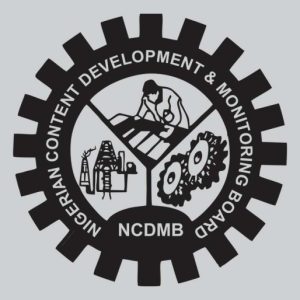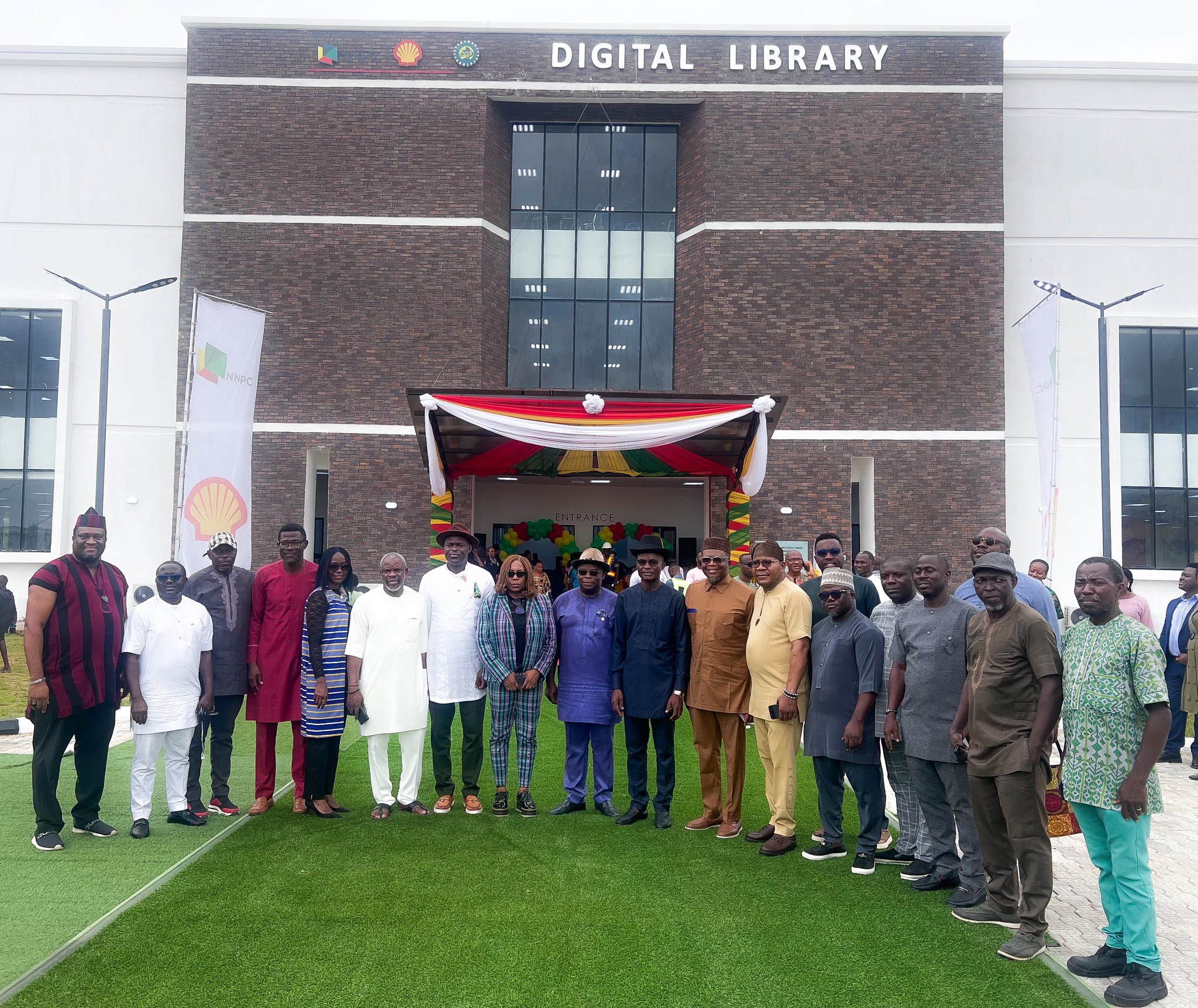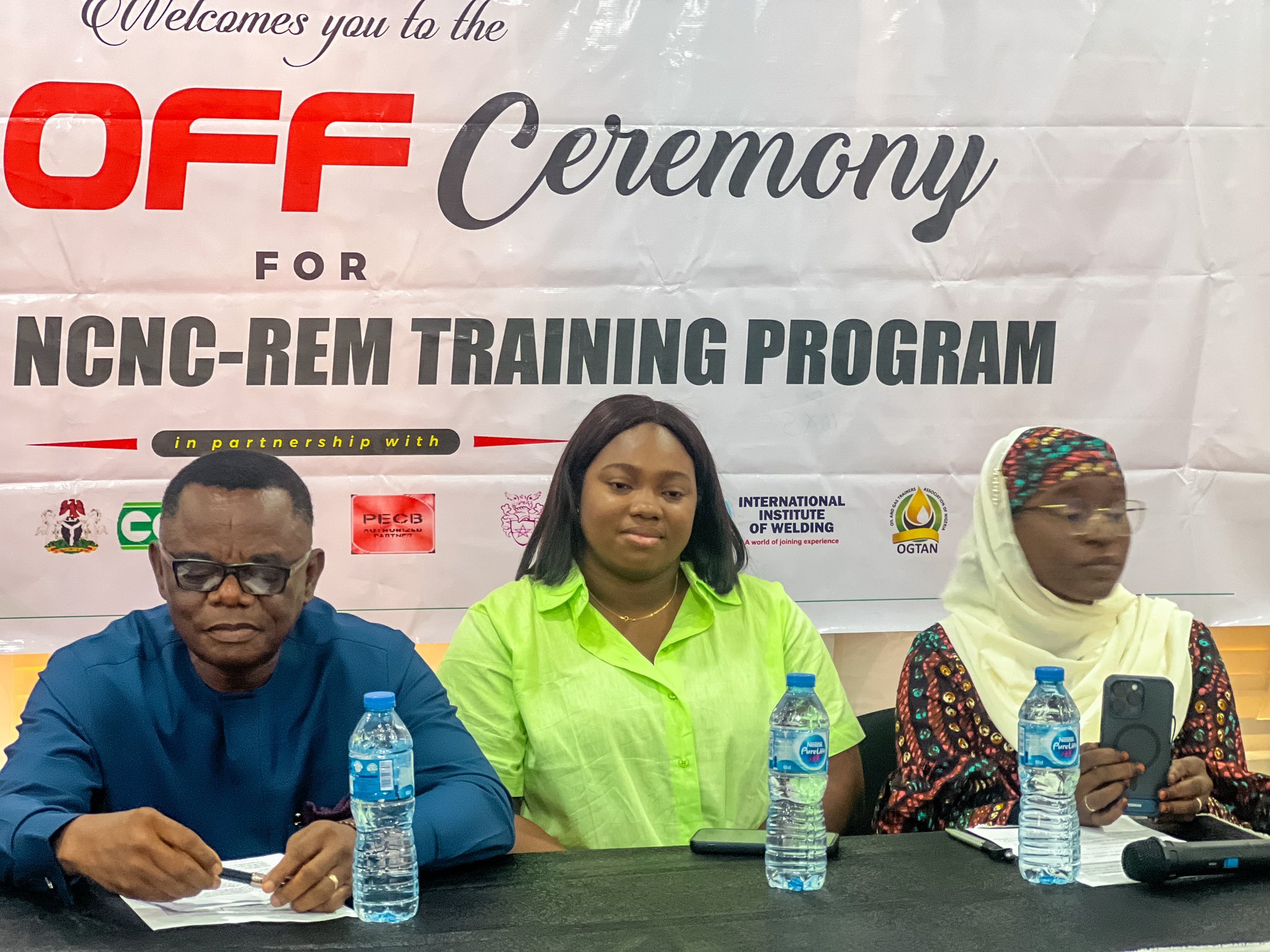Two years after the Nigerian Oil and Gas Industry Content Development Act became operative, over
30,862 jobs have, so far, been created, according to the Nigerian Content Development and Monitoring Board.
Responding to enquiries from our correspondent on Tuesday, NCDMB said the figure covered the period between 2010 and December 31, 2012.
For marine vessels servicing the oil and gas industry 3,000 jobs were created; while 1,500 Nigerians got employed to man rigs; the number of Nigerians in fabrication yards servicing the industry was put at 10,792; while 3130 jobs were created in design engineering firms, with the number of Nigerians in petroleum technology companies put at 3,000.
According to the board, Nigerians in oil and gas equipment manufacturing were 1,500; and for post training employment as part of industry capacity development initiative, 6,797 jobs were also created
The number of Nigerians occupying managerial positions in operating companies was put at 2,143, which brings the total number of jobs so far created 30,862.
The NCDMB also said it was working towards ensuring that oil and gas producing states in the country got industrial parks of global standards.
This is part of the new initiatives endorsed by the Governing Council of NCDMB under the chairmanship of the Minister of Petroleum Resources, Mrs. Deziani Alison-Madueke.
The industrial parks will be established in each of the oil-producing states in partnership with the respective state governments, according to NCDMB.
In this way, over 100,000 productive jobs would be created across the communities for persons with skills and the social employment prevalent in communities would be deemphasized, the board said in a recent statement.
This, it stressed, would stimulate the participation of communities in the local supply chain and provide a direct platform for collaboration with original equipment manufacturers, which are now required to manufacture a minimum proportion of components in Nigeria.
The Executive Secretary, NCDMB, Mr. Ernest Nwapa, explained that the board would collaborate with major operators, service companies and relevant state governments to build industrial parks to support operations of the industry and help achieve service efficiency through shared services.
Other benefits of the industrial park concept include the reduction of start-up investment cost for new business, stakeholders’ collaboration and industry commitment to utilise manufactured products from the parks.
The parks are expected to host manufacturing activities driven by the oil and gas industry demand, and service other sectors of the economy as they grow organically into integrated industrial zones.
The start-up product slate will include steel pipes and allied fittings, switch gears, panels, skids, pipe racks and brackets, environmental protection equipment, chemicals, industrial gases, computers, telecoms and other Information and Communications Technology equipment components, furniture, liquefied and petroleum gas cylinders, bolts and nuts as well as drilling fluids.
The NCDMB, which was established to oversee the implementation of the Act, was mandated to, within four years; ensure the retention of over $10bn out of an average annual oil and gas industry expenditure of $20bn in the Nigerian economy, compared to the current sum of less than $4bn.
It is also expected to facilitate the creation of over 30,000 direct employment and training opportunities, considering the scale of activities to be domiciled in Nigeria; establish three to four new pipe mills to service the demands of the industry and other ancillary manufacturing plants for coatings, valves, fittings and components.
According to the executive secretary, the strategy has been successfully deployed to stimulate small and medium scale enterprises focused on the oil and gas technology into sustainable engines for technological growth and employment at the grass roots level.
Nwapa said the major operators would benefit from increased entrepreneurial activities in their host communities and announced that the board had reached out to state governments to participate in a Small and Medium Enterprises fair to identify companies with potentials to incubate and grow.
“The fair will identify SMEs with capacity, which will be supported and accommodated in the new industrial parks to manufacture goods used in the industry with the active involvement of the traditional Original Equipment Manufacturers,” he added.
The board said it would activate the provisions of the Act to provide specific incentives for OEMs that would embrace the initiative such as locking in orders for equipment or components manufactured/assembled in the parks for extended periods.
Nwapa said Nigerian companies were committed to investing over $600m in the manufacture and assembly of various equipment and components.
He said expatriates working in the Nigerian Oil and Gas industry would, hencefort, undertake biometric registration as part of conditions they must fulfil before their organisations could secure expatriate quota approvals from the NCDMB.
The exercise will capture details of all foreigners working for operating and service companies in the country on the electronic platform, Nigerian Content Joint Qualification System, being operated by the board.
According to Nwapa, the exercise will kick off in the first quarter of this year.
He said the registration would help the board to evaluate the skills of the expatriates and confirm that such skills were not available locally in the industry.
It will also assist the board to electronically track the number of expatriates in the industry, their length of stay, compliance with provided succession plans and expected date of exit.
At the completion of the biometric registration, each expatriate will get a unique card, which he or she will produce whenever the monitoring team from NCDMB comes around for periodic verification.
Section 33 of the NOGICD Act mandates operators to apply and receive the approval of the board before making any application for expatriate quota to the Ministry of Internal Affairs or any other agency of the Federal Government
Among other conditions, the board requires companies seeking to get expatriate quota approvals for their operations in the oil and gas industry to first advertise the positions to Nigerians through national and international media outfits.








4 Responses
Please I want to be part of the trainees
Please I am a chemical engineer, please I want to be one of your trainees
Thank you for your large contribution to the lives of Nigeria youth. I want to be part of trainees sir. Am an Health and safety personnel
pls I want a job in your company please I am a masters degree holder in intelligence and security in cyber